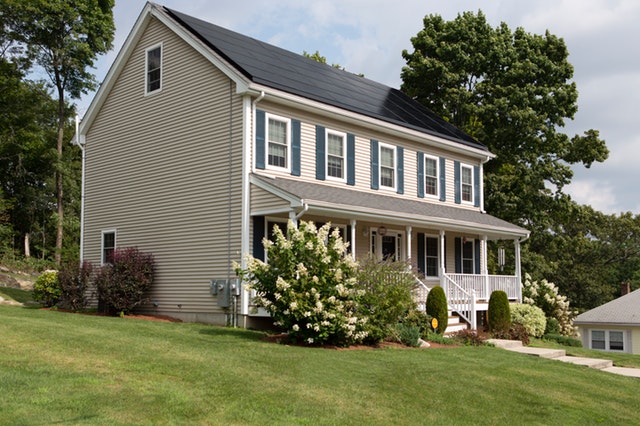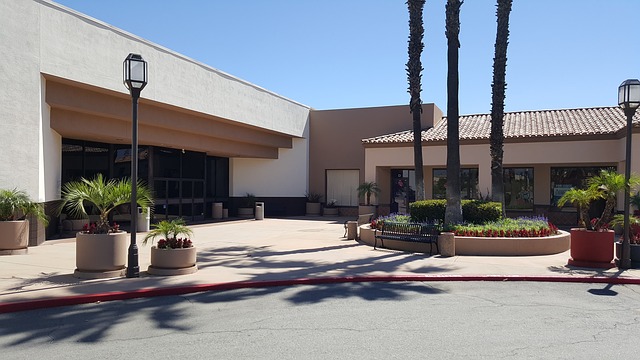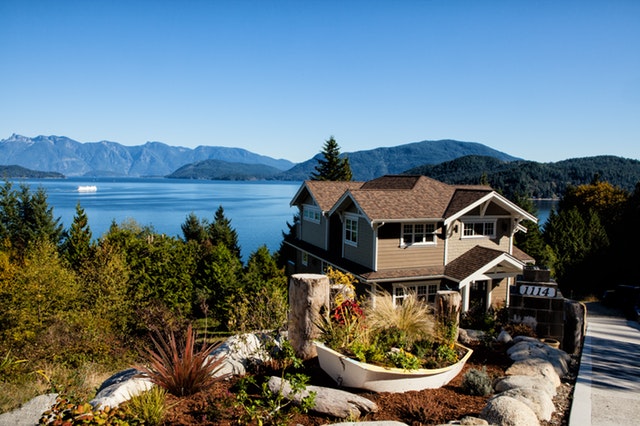 Real estate investors who want to build up a strong investment portfolio always keep an eye out for hot markets, which gives them a chance to pick up properties that add to their portfolio value.
Real estate investors who want to build up a strong investment portfolio always keep an eye out for hot markets, which gives them a chance to pick up properties that add to their portfolio value.
A word of caution about hot markets is that if you learn about them after they are already hot, you may have missed much of the run-up that made them hot.
Clever real estate investors try to anticipate markets that will heat up before they do, so they can buy properties in advance of increasing values. Selling properties in a hot market is how they capture profits.
The Hot Markets
Realtor.com® identified seven markets in the United States that are currently hot markets for flipping houses. The average gross profit for house flippers is $62,700. This figure does not include the cost of making the repairs. The gross profit equals about 20% to 33% of the home’s sales price after making the repairs.
An evaluation looking for hot markets for flipping homes considered the percentage of home sales that were investment properties.
The current hot markets, in the order of activity, are:
- St. Louis, MO – 18.8% of home sales are investment properties. The median sales price is $189,900.
- Birmingham, AL – 17.3% of home sales are investment properties. The median sales price is $190,000.
- Miami, FL – 17% of home sales are investment properties. The median sales price is $299,900.
- Tampa, FL – 16.2% of home sales are investment properties. The median sales price is $230,000.
- Memphis, TN – 16.1% of home sales are investment properties. The median sales price is $206,300.
- Las Vegas, NV – 15.7% of home sales are investment properties. The median sales price is $301,800.
- Phoenix, AZ – 15.1% of home sales are investment properties. The median sales price is $275,800.
Hot Pockets In Cooler Markets
Another way to find opportunities is to know your local market very well and look for areas that are up and coming. Look for a fixer-upper in a decent area. Also, search in areas that are adjacent to high-priced areas.
Look for soft barriers that can be passed easily, such as a block that is improving, which is next to another block that has already improved. Hard barriers, such as a wide street, a freeway, or a river make it more challenging for an improving neighborhood trend to pass across them.
Summary
Finding a hot market or a hot pocket comes from investigating potential growth areas and watching them. Get a feel for the trends. One strategy is to buy early when the prices are still low, rent the property for a while, and then sell later, once the market heats up.
If you are in the market for a new home or want to find out about the hot neighborhoods in your area, be sure to consult with your trusted real estate professional.
 When you are looking to purchase a home, you might be looking for a place for you and your family to live. It might surprise you to learn that not everyone who is looking for a house is necessarily in search of a place to live.
When you are looking to purchase a home, you might be looking for a place for you and your family to live. It might surprise you to learn that not everyone who is looking for a house is necessarily in search of a place to live. Many baby boomers are reaching retirement age. If they set up their financial planning well, while younger, they should have accumulated enough wealth to have some discretionary money available for making investments.
Many baby boomers are reaching retirement age. If they set up their financial planning well, while younger, they should have accumulated enough wealth to have some discretionary money available for making investments. Have you ever played the classic board game called Monopoly? The object of the game is to collect all the properties until one winner bankrupts all the other players. The other part of the game is that accumulating properties adjacent to each other increases the value of the individual properties. When a player acquires all the properties of the same color (two or three), then the rents go up and property development can begin.
Have you ever played the classic board game called Monopoly? The object of the game is to collect all the properties until one winner bankrupts all the other players. The other part of the game is that accumulating properties adjacent to each other increases the value of the individual properties. When a player acquires all the properties of the same color (two or three), then the rents go up and property development can begin. Renovations that create a multi-use property or the development of a new multi-use project can be a very attractive investment especially in urban areas that are undergoing redevelopment. The concept of multi-use is to make the most of the site that is revitalized or developed.
Renovations that create a multi-use property or the development of a new multi-use project can be a very attractive investment especially in urban areas that are undergoing redevelopment. The concept of multi-use is to make the most of the site that is revitalized or developed. There’s an idea running through marketing and business circles that anything that is popular, the opposite will likely be popular as well.
There’s an idea running through marketing and business circles that anything that is popular, the opposite will likely be popular as well.